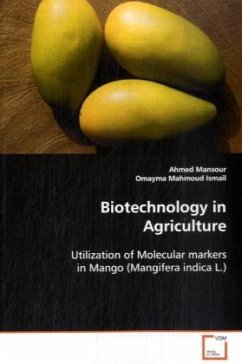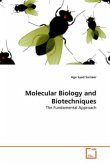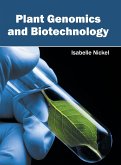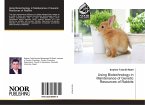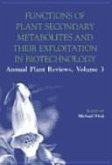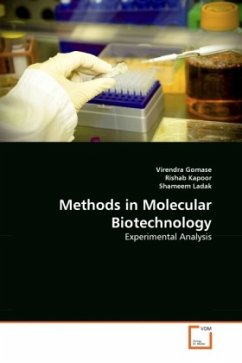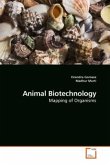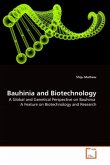Twelve mango cultivars grown in the Egypt werediscriminated by their seed SDS-protein and PCR-based molecular markers. For PCR analysis threedifferenttechniquess were used including novel technique.Comparitive analysis were conductied beween the twoold technique, ISSR and RAPD, and the noveltecnique, three primers-based RAPD. The cultivar-specific markers represented 24.46%of the totalmarkers (regardless of type of analysis), 88.89% ofthem were RAPD markers. Most of these markers werescored for the presence of unique bands. Cultivar-specific markers were shown to be useful inconstructing linkage map that involve anypolymorphic gene(s). Dendrogram tree generatedacross SDS-protein, RAPD, ISSR and three promers-based analysis. Constructed dendrograms for results,individually or collectively, revealed thatsimilarity and clustering is dependant on themarker system used.
Bitte wählen Sie Ihr Anliegen aus.
Rechnungen
Retourenschein anfordern
Bestellstatus
Storno

